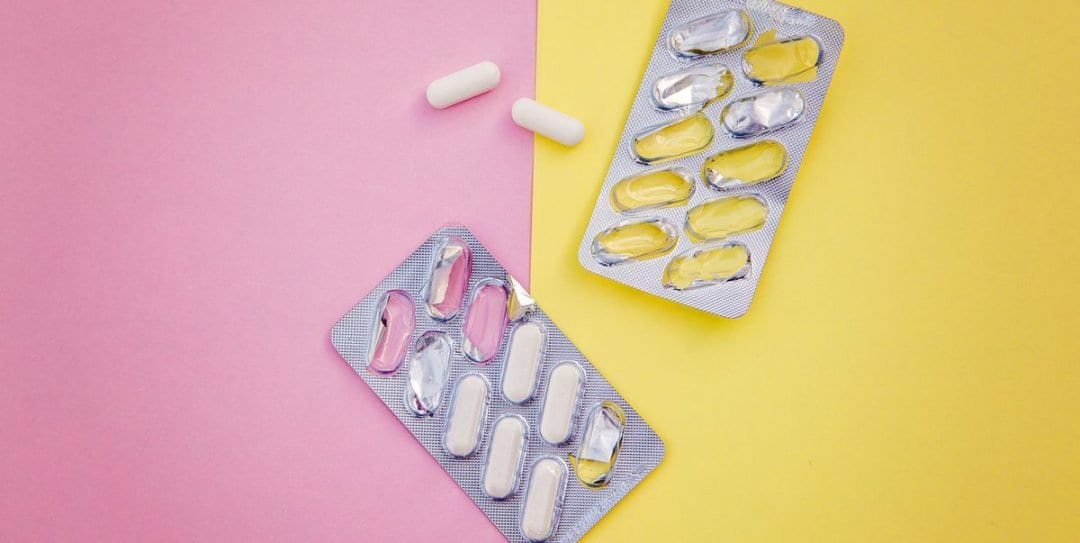My efforts to keep wrinkles at bay are pretty minimal. I’m not into Botox or high-end creams and serums. In fact, I barely wash my face. My personal anti-aging formula has focused more on clean-ish eating, walking and maintaining a daily meditation practice. I also have genetics on my side. Even in my early 40s, I would still get asked for ID when buying a bottle of wine. Nobody was calling me ma’am.
But then, well before 50, menopause arrived and “aging” became more challenging. Hot flashes surged, brain fog rolled in, and some super-annoying belly fat insidiously accumulated as if to say, “You are so done wearing horizontal stripes.”
Approaching menopause from all angles
What my mom had always lamented as “the change of life” was now in full force in me. I wanted relief, but I also became interested in the nature of aging and looking at different modalities to ease its effects. I sought out approaches ranging from traditional Western medicine to acupuncture to Ayurveda.
When I discussed my mid-life concerns with an Ayurvedic doctor, he suggested I make some lifestyle changes including drinking a special tea, going to bed earlier and embracing a healthy diet that included certain warm and nourishing foods. He also recommended an Ayurvedic supplement. After getting the OK from my primary care physician, I ordered the pills.
The supplement contained herbs including shatavari (a species of asparagus) and vidarikanda (a plant with tuberous roots). It offered to boost energy and stamina as well as lessen menopause symptoms, stabilize mood, and enhance cognitive skills.
It’s not you, it’s me, I thought, staring at the pill bottle.
I set out to try the plan for 30 days and keep a log. But things went downhill fast. Yes, I took the pills. But I was juggling multiple work projects and ended up getting less sleep than usual. I fell off the diet after two weeks, often forgot to drink the tea, and one night after midnight found myself consuming every snack and treat in the house left over from the holidays. I wondered, would the supplement still work on its own, or would this be an epic fail?
The results: By the end of the trial, I did feel a bit more energetic, and my hot flashes seemed less intense. But overall, the effects were subtle. It’s not you, it’s me, I thought, staring at the pill bottle.
You can’t just take a pill
I decided to check in with Suzanne Gilberg Lenz, MD, a Los Angeles ob-gyn who is also board certified in integrative and holistic medicine. I asked her if Ayurvedic supplements can be a valid means of treating women for some of their menopausal issues. She answered with an emphatic “yes,” and a caveat that Ayurveda is not about cherrypicking treatment. While the Western approach to medicine often focuses on symptom management, Eastern modalities like Ayurveda take a more holistic approach and deal with root cause and prevention. “We do ourselves a disservice when we try to apply Eastern tools with a Western perspective.”
Determined to learn more, I also consulted NAMA-certified Ayurvedic practitioner Anjali Deva, who spent time studying with Ayurvedic doctors in India before bringing her expertise to clients at La Maida Institute in North Hollywood, CA. She explained that Ayurveda seeks balance between prakruti, the constitution you are born with, and vikruti, your current state of health. “When approaching menopause it’s very easy to go in and out of balance,” Deva explained. “We have this very strong call to action to take care of ourselves because it’s setting the foundation for the rest of our lives.”
Much of Ayurveda is about paying attention, Deva said, which made me resolve to be more attuned to what’s happening in my life before embarking on my next holistic regimen.
Bottom line: If I’m going to go with an Eastern approach, I have to do the work. All the work.
Bottom line: If I’m going to go with an Eastern approach, I have to do the work. All the work. “Ayurveda’s tool box is filled with many things and herbs are one of them,” she said. ” We get to use diet and lifestyle and body work as well. We need to be mindful of not just taking a capsule but also: how are we eating, how are we sleeping, how is our stress? What’s showing up on our skin?”
It’s about taking charge of our own health and wellness, “putting our own oxygen mask on first” as the over-used saying goes. Or maybe in this case, doing our own yoga asanas first. “Self-care is an aspect of Ayurveda that is really important,” Deva said. “We’re asking you to be more mindful and to give yourself things that take time. It’s in a way asking you to change your priorities and values, and that’s never easy. It can be uncomfortable. But it’s key to building our resiliency.”
This content was originally published here.







